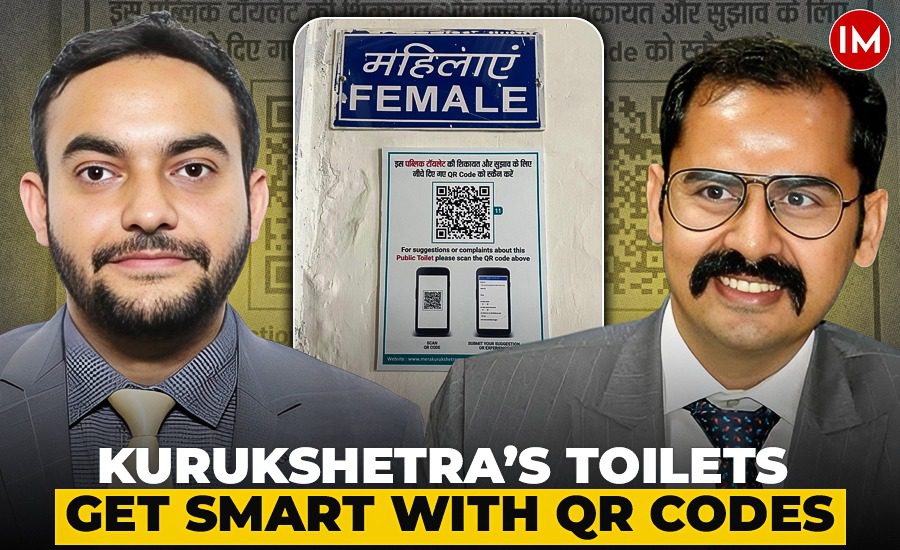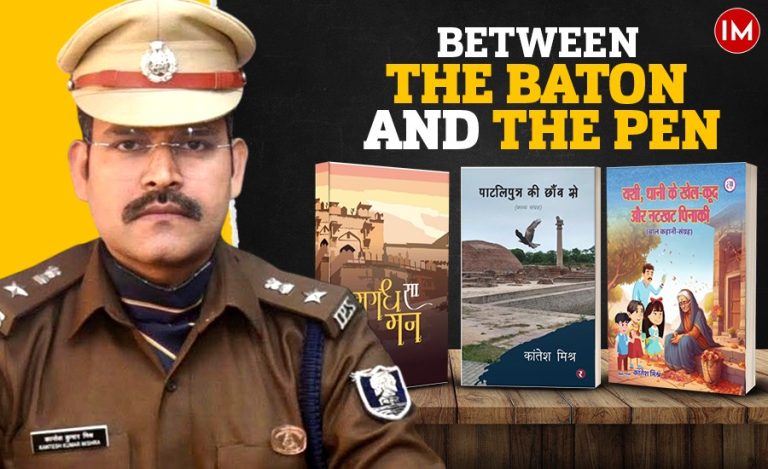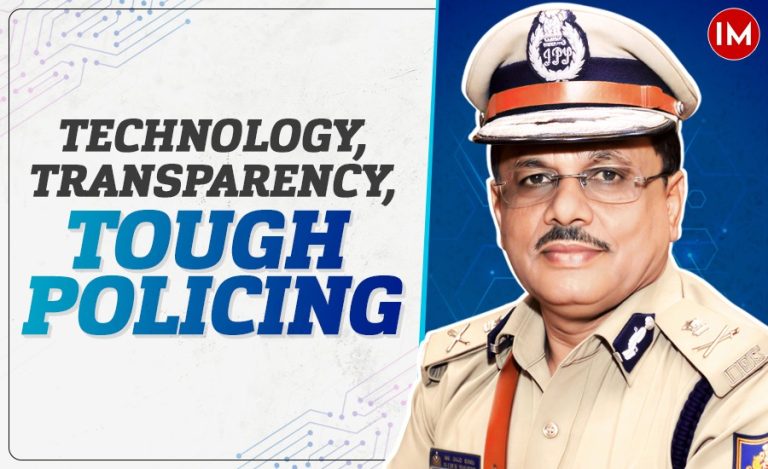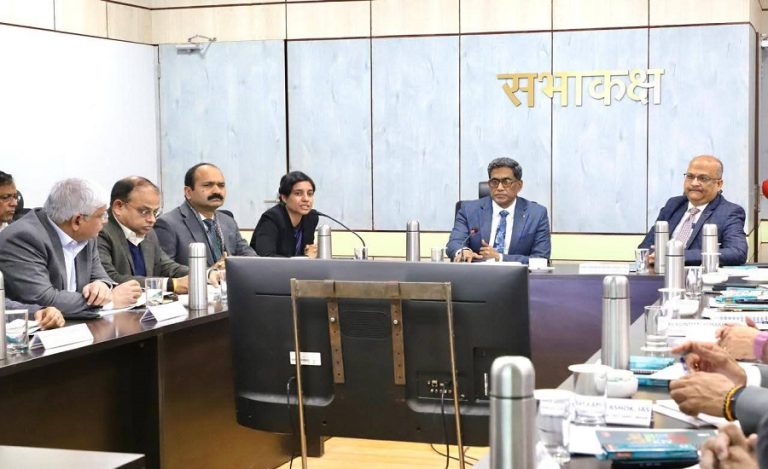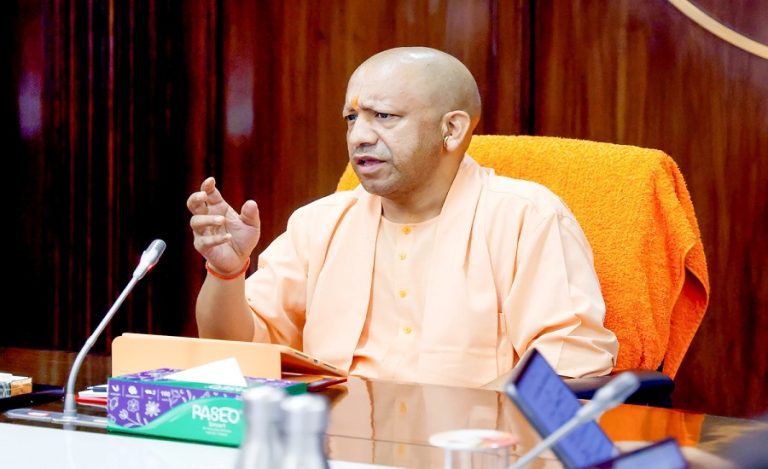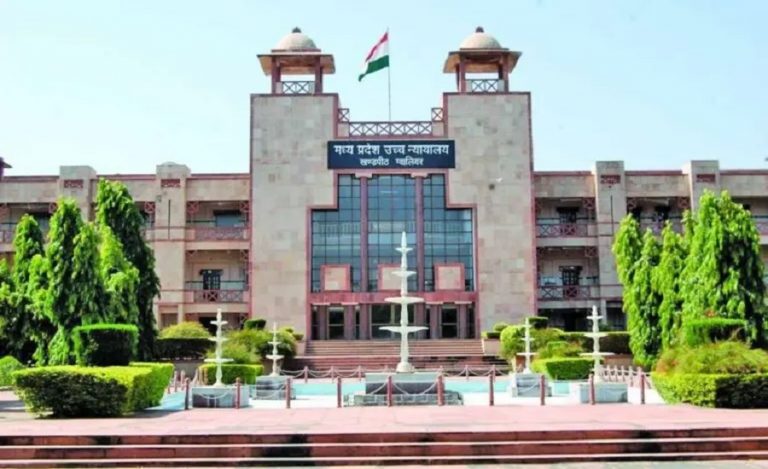Inside Kurukshetra’s busy Mini Secretariat, a quiet but significant shift is taking place. Sixteen public toilets, spread across the complex, now carry bright QR codes that invite every visitor to scan, tap, and speak up. The idea is simple yet powerful: let people themselves monitor cleanliness and usability. And at the heart of this project is IAS officer Abhinav Siwach, Sub Divisional Magistrate of Pehowa, working closely under the guidance of Deputy Commissioner Vishram Meena.
In an exclusive conversation with Indian Masterminds, the young IAS officer shared details about the same.
Launched as part of Haryana Shehri Swachhta Mission 2025 and Swachhata Hi Seva 2025, the initiative turns every smartphone into a feedback tool. “We wanted a mechanism that is easy for citizens and tough on inefficiency,” Siwach says. “Scanning a code is something everyone can do; it takes seconds, but it tells us everything we need to know.”
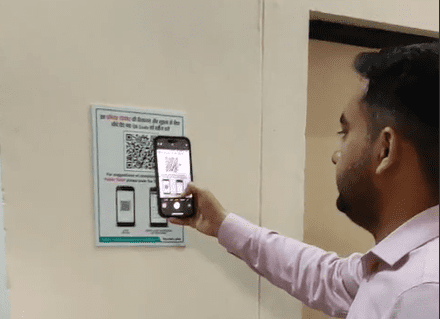
HOW THE SYSTEM WORKS
Each toilet, male, female, and divyang-friendly, has a unique QR code fixed outside. Citizens simply scan the code to open www.merakurukshetrameraabhimaan.in, where a short form awaits: identify the toilet, rate it on a five-point scale, mention cleanliness issues, and, if they choose, leave their name and number.
Every click is instantly visible on the district administration’s backend. If a complaint surfaces, staff can be alerted immediately.
“The feedback appears in real time,” explains Siwach. “We can follow up the same day. It means accountability is no longer a buzzword; it’s measurable.”
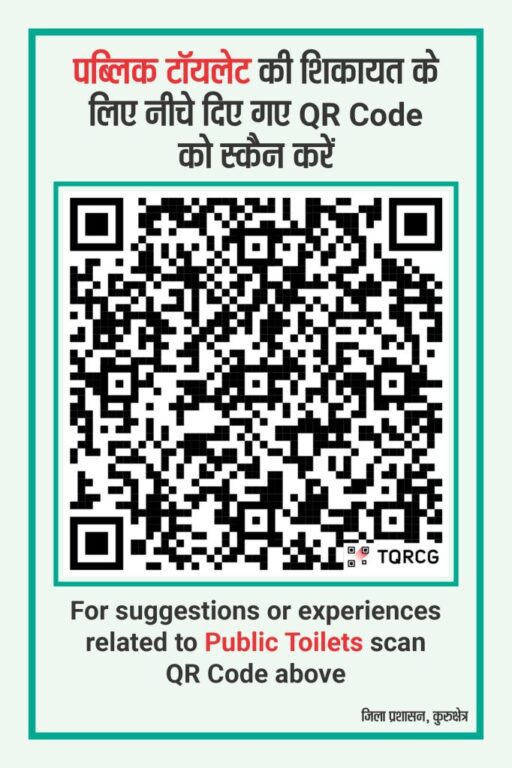
GUIDING HAND OF SENIOR LEADERSHIP
Abhinav Siwach credits his senior, Deputy Commissioner Vishram Meena (IAS 2017 batch), for the vision behind the project. “From the start, Meena Sir encouraged innovation but also insisted on practicality. He said, ‘Make it simple enough that citizens will actually use it,’ and that became our guiding principle,” Siwach shares.
Meena himself has called the system “a step toward transparent, participatory governance,” urging Kurukshetra residents to scan the codes and share honest feedback.
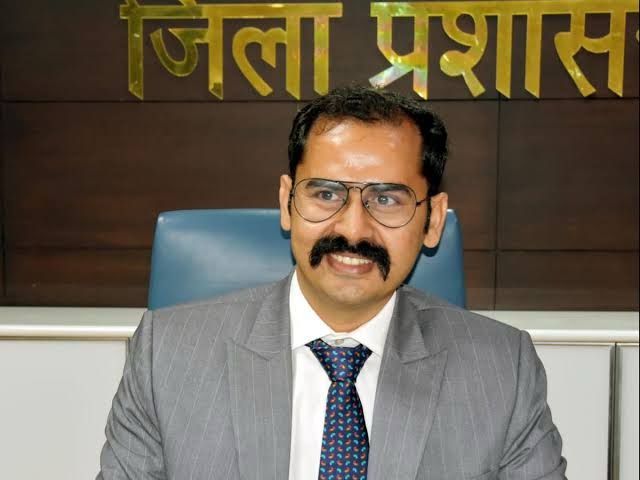
BEYOND THE MINI SECRETARIAT
Currently mapped to 16 toilets, the system is already showing results. Sanitation staff know their work is being tracked, complaints are dropping, and cleanliness is improving. The administration is considering expansion to bus stands, markets, and other public spaces.
“This is just the start. If it works here, why not across the district? Anywhere there’s a public toilet, there can be a QR code,” Siwach shared with Indian Masterminds.
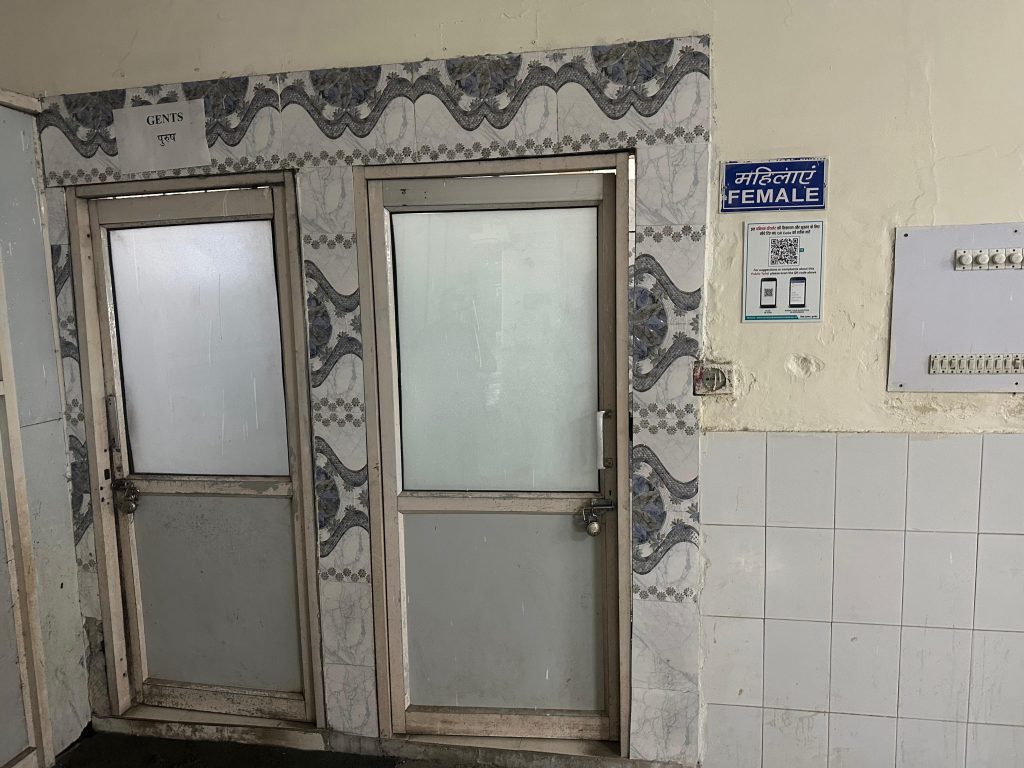
CITIZENS AS PARTNERS IN GOVERNANCE
For Kurukshetra, this isn’t just a tech upgrade; it’s a cultural shift. By making feedback instant and public, the administration invites every visitor to become a watchdog.
“People sometimes avoid reporting issues because they think it takes effort,” Siwach notes. “Now, it’s a two-second scan. That changes everything.”
The QR code feedback system shows how a young IAS officer, guided by experienced leadership, can merge technology and civic responsibility. Kurukshetra’s clean toilets are no longer only the job of sanitation staff; they’re everyone’s concern, one scan at a time.

